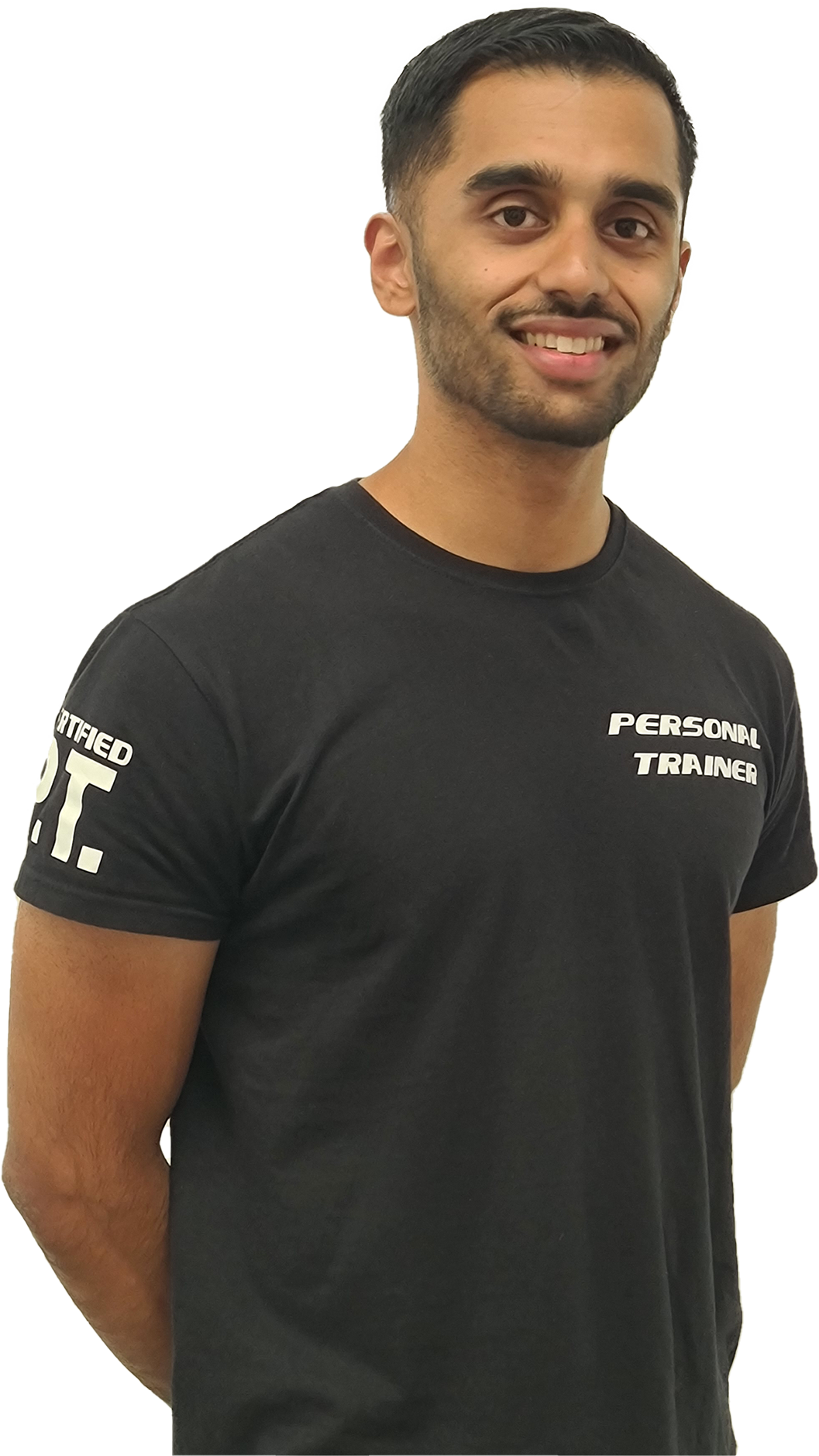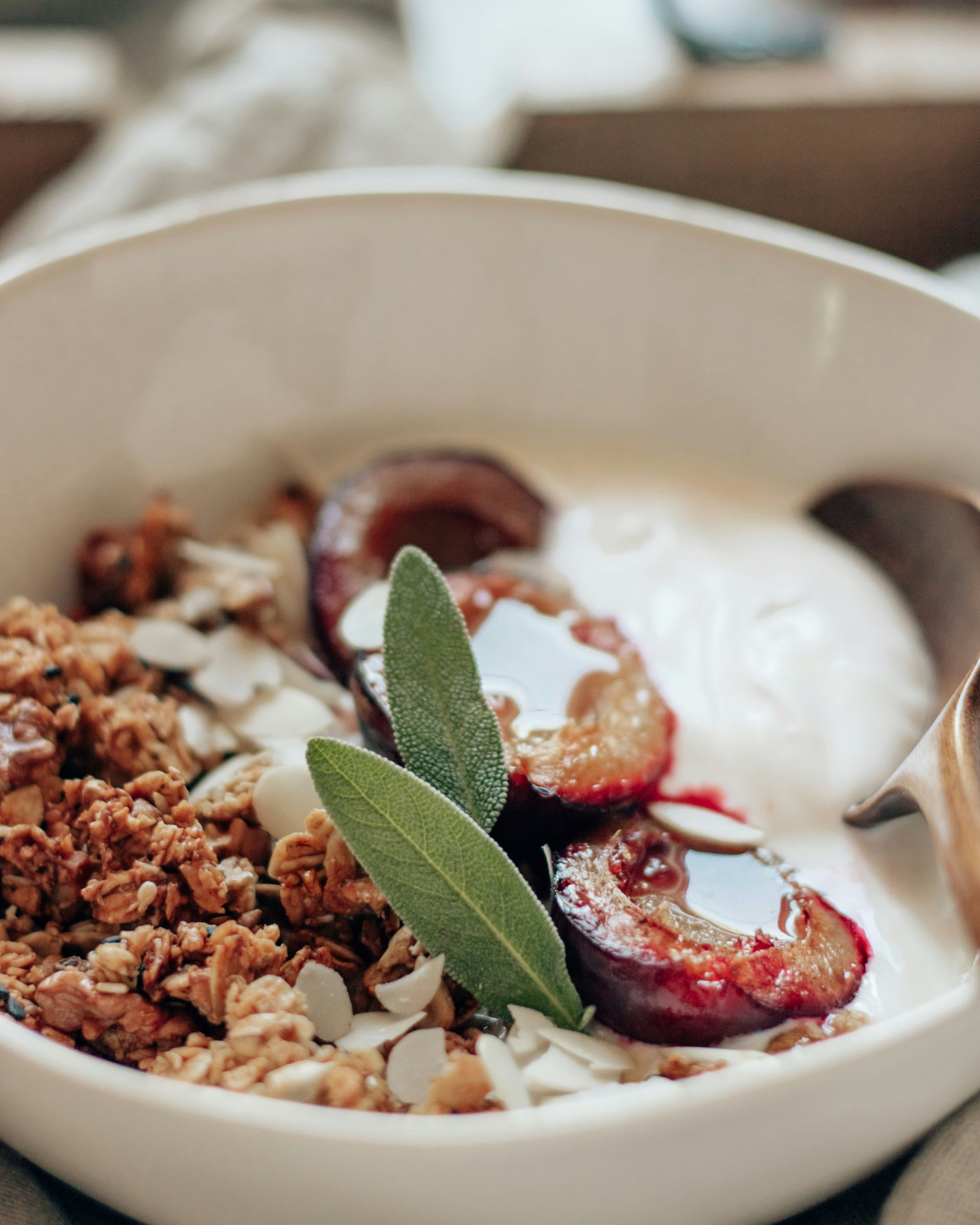
Why Is Building a Strong Core Important Before Lifting Heavy
When it comes to weightlifting and strength training, building a strong core is often underestimated but crucial. A solid core not only enhances your physique but also plays a significant role in preventing injuries, improving stability, and boosting overall performance. In this article, we will explore the importance of a robust core before embarking on heavy lifting.
The Significance of a Strong Core
Your core muscles are the foundation of your body. They provide stability and support for almost every movement you make, whether it's lifting a heavy barbell or simply bending down to tie your shoes. Having a strong core is essential for maintaining proper posture and preventing injuries.
Core Muscles and Their Functions
To understand why a strong core is crucial, we must first identify the key core muscles and their functions. These include the rectus abdominis, transverse abdominis, obliques, and the erector spinae. These muscles help with spinal stability, rotation, and flexion, all of which are essential in lifting heavy weights safely.
Preventing Injuries
One of the primary reasons to focus on core strength before lifting heavy is injury prevention. A strong core stabilizes your spine and pelvis, reducing the risk of back injuries. Without proper core support, lifting heavy weights can lead to strains, sprains, or more severe injuries.
Improving Stability
Building a strong core significantly enhances your stability. When you have a solid foundation, you can better control your body and maintain balance during challenging lifts. This stability is key to lifting heavier weights safely and effectively. When we think about 'core' we think about the stomach area, I would additionally add the ankles and feet as an extension to our core, because every movement we do begins there. Weak and immobile ankles will lead to knee and subsequently hip problems due to movement aberration, so its important to address this!
Enhancing Performance
A robust core is not only about protection but also about performance. When your core is strong, you can generate more power and force during your lifts. It enables you to push your limits and achieve greater results, making your weightlifting sessions more effective.
Exercises for Building a Strong Core
To build a strong core, incorporate exercises like planks variations, hip twists, leg raises, and dead bugs into your workout routine. These exercises target various core muscles but I like to incorporate coiling core training with my clients, because of its dynamic and functional aspect of rotatating and laterally bending the spine, rather than 'neutral spine' rudimentary exercises as mentioned above. Nothing wrong with the aforementioned exercises, they are great for beginners!
Proper Lifting Techniques
In addition to core strength, it's essential to learn and practice proper lifting techniques. Techniques such as the hip hinge, bracing your core, and maintaining a neutral spine are critical for safe and effective heavy lifting.
The Role of Breathing
Breathing is often overlooked but plays a vital role in core strength and lifting heavy. Proper breathing techniques can help you maintain intra-abdominal pressure, which further stabilizes your core during lifts.
Nutrition and Core Strength
A balanced diet is also crucial for building a strong core. Proper nutrition ensures that your muscles have the necessary nutrients to grow and recover efficiently. Include foods rich in protein, vitamins, and minerals in your diet to support core muscle development.
The Importance of Consistency
Consistency is key in building core strength. Regular, focused core workouts and attention to technique will yield the best results. Make core strengthening a part of your regular fitness routine.
Benefits Beyond Lifting Heavy
Building a strong core doesn't only benefit your weightlifting journey. It improves your overall fitness, posture, and daily activities. Your core is the foundation for nearly all physical movements.
Conclusion
In conclusion, building a strong core is a fundamental step before lifting heavy weights. It not only safeguards you from injuries but also enhances your stability and performance. Incorporating core exercises into your routine, maintaining proper technique, and focusing on consistency will set you on a path to lifting heavy safely and effectively.
#personaltrainer #coach #ruislip #london #ptlondon #training #injuryprevention #rehab

Start Today!
Ready to transform your fitness journey? Take the first step towards achieving your goals with personal training!
My take on Health and Fitness



